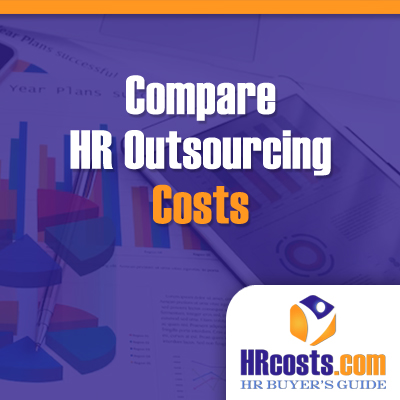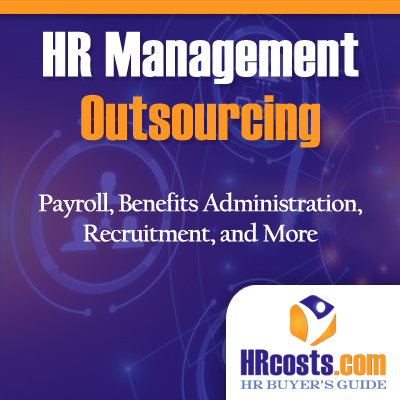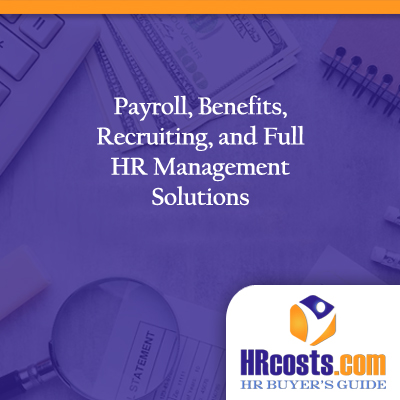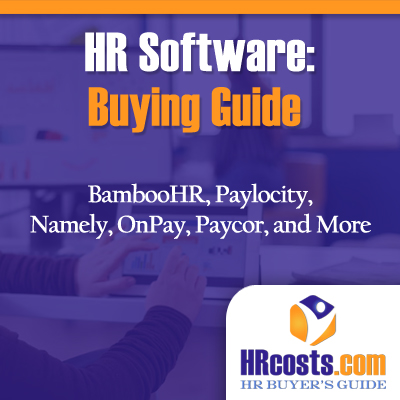
A Guide to Choosing Between HR Outsourcing and Management Software
Human Resources (HR) is a critical function in any organization, managing everything from recruitment to employee relations and compliance. As companies grow, the demands on their HR departments often increase, leading many businesses to explore two primary solutions: HR outsourcing and HR management software. Both options offer unique advantages, but choosing the right one requires a careful evaluation of your specific needs, goals, and resources. This guide will help you navigate the decision between HR outsourcing and HR management software, examining the benefits and drawbacks of each and how to determine the best fit for your organization.
What Is HR Outsourcing?
HR outsourcing involves hiring an external provider to manage some or all of your HR functions. Depending on your needs, this can range from specific tasks like payroll processing to comprehensive HR services that cover recruitment, employee relations, compliance, and more. By outsourcing HR, businesses can leverage the expertise of professionals without needing to build and maintain a large in-house HR team.
Levels of HR Outsourcing
HR outsourcing can be tailored to different levels of support:
- Partial HR Outsourcing focuses on specific HR functions, allowing businesses to maintain control over other areas.
- Full-Service HR Outsourcing, often managed by a Professional Employer Organization (PEO), covers all HR functions, acting as a co-employer.
- HR Consulting provides strategic advice and support on specific HR issues, such as compliance or employee engagement.

The Advantages of HR Outsourcing
Expertise and Compliance
One of the primary benefits of HR outsourcing is access to specialized expertise, particularly in areas like compliance. Outsourcing ensures that your company stays compliant with labor laws and regulations, reducing the risk of costly penalties and legal issues.
Cost Savings
Outsourcing HR can be more cost-effective than building an in-house HR team, especially for small to medium-sized businesses (SMBs). It allows you to access top-tier HR services without the overhead costs associated with full-time employees.
Focus on Core Business
By outsourcing HR tasks, your internal team can focus on core business activities, such as product development, sales, and marketing, rather than administrative duties. This shift can lead to increased productivity and business growth.
The Drawbacks of HR Outsourcing
Loss of Control
Outsourcing HR functions can lead to a perceived loss of control over employee management and company culture. It’s essential to choose a provider that aligns with your business values and goals to mitigate this concern.
Communication Challenges
Working with an external provider can introduce communication challenges, particularly if the provider is in a different time zone or country. Establishing clear communication channels and regular check-ins is crucial for a successful partnership.

What Is HR Management Software?
HR management software, also known as Human Resource Information Systems (HRIS) or Human Capital Management (HCM) software, is a digital solution designed to streamline and automate various HR tasks. These platforms typically include modules for payroll, benefits administration, time and attendance tracking, performance management, and more.
Key Features of HR Management Software
HR management software offers a wide range of features that can help businesses manage their HR processes more efficiently. These features include:
- Employee Data Management: Centralizes employee information in a secure digital database.
- Payroll Processing: Automates payroll calculations and ensures timely payments.
- Benefits Administration: Simplifies the management of employee benefits.
- Time and Attendance Tracking: Automates tracking of employee hours and attendance.
- Recruitment and Onboarding: Streamlines the recruitment process and onboarding of new hires.
- Performance Management: Enables performance evaluations and goal setting.
- Compliance Management: Helps businesses stay compliant with labor laws and regulations.
The Benefits of HR Management Software
Automation and Efficiency
HR management software automates routine HR tasks, reducing manual workloads, minimizing errors, and freeing up time for strategic HR initiatives. This efficiency allows HR teams to focus on higher-level tasks that drive business growth.
Data-Driven Insights
With real-time data and analytics, HR management software provides valuable insights that inform decision-making, improve workforce planning, and identify trends in employee performance, turnover, and engagement.
Employee Self-Service
Many HR management platforms offer self-service portals, allowing employees to access their information, update personal details, request leave, and manage benefits. This feature reduces the administrative burden on HR staff and empowers employees to take control of their HR-related tasks.

The Drawbacks of HR Management Software
Upfront Costs
Implementing HR management software can be expensive, especially for small businesses. Costs include software licenses, implementation fees, and ongoing maintenance or subscription fees. However, the long-term savings from automation can offset these expenses.
Learning Curve
Adopting new software requires training and change management, which can be time-consuming and challenging, especially for businesses with limited IT resources. Ensuring proper training is essential for successful implementation.
Data Security Risks
Storing employee data digitally comes with security risks. It’s crucial to choose a software provider with robust security measures, such as encryption and multi-factor authentication, to protect sensitive information.
Comparing HR Outsourcing and HR Management Software
HR outsourcing is often more cost-effective for SMBs that cannot afford a full-fledged HR team. In contrast, HR management software may have higher upfront costs but offers long-term savings through increased efficiency. Both solutions can be scaled to fit your business needs, but the cost structure will vary depending on the level of service or features required.
Control and Customization
HR outsourcing involves relinquishing some control over your HR processes, which might not suit businesses that want to maintain a tight grip on employee management. In contrast, HR management software offers more customization and flexibility, allowing you to tailor the platform to meet your specific needs. However, this customization often requires IT expertise.
Scalability and Growth
Both HR outsourcing and HR management software offer scalability to accommodate business growth. HR outsourcing can easily adjust to your changing needs, while HR software allows for adding new features and users as your business expands. The choice depends on whether you prefer to scale through technology or external expertise.

Making the Decision: Which Is Right for Your Business?
Begin by evaluating your current HR capabilities and identifying any gaps or challenges. Consider whether you have an in-house HR team or if HR tasks are managed by non-HR staff. Assess the complexity of your HR needs and whether compliance, recruitment, or employee engagement are areas of concern.
Defining Your HR Goals
Next, define your HR goals and priorities. Do you want to improve compliance, streamline payroll, enhance employee engagement, or support business growth? Understanding your goals will help you determine whether HR outsourcing or HR management software aligns better with your objectives.
Comparing Costs and Benefits
Compare the costs and benefits of HR outsourcing and HR management software based on your specific needs. Consider factors like upfront costs, long-term savings, control, customization, and the level of support required. This comparison will help you make an informed decision that fits your budget and strategic goals.
Evaluating Providers
If you lean towards HR outsourcing, research potential providers and evaluate their services, expertise, and reputation. For HR management software, demo several platforms to assess their features, ease of use, and integration capabilities. Choosing the right provider or platform is crucial for successful implementation.

Considering a Hybrid Approach
In some cases, a hybrid approach might be the best solution. Combining HR outsourcing with HR management software allows you to leverage the benefits of both. For example, you could outsource payroll and compliance while using software to manage recruitment and performance. This approach offers flexibility and ensures that your HR strategy is tailored to your unique needs.
Choosing between HR outsourcing and HR management software depends on your specific business needs, goals, and resources. By carefully assessing your current HR capabilities, defining your HR goals, and comparing the costs and benefits of each option, you can select the solution that best aligns with your business strategy.
Whether you choose HR outsourcing, HR management software, or a hybrid approach, investing in the right HR solution will drive efficiency, compliance, and employee satisfaction, ultimately contributing to the success of your organization. Taking the time to evaluate your options ensures that your HR strategy supports your business objectives and positions your company for long-term growth.
